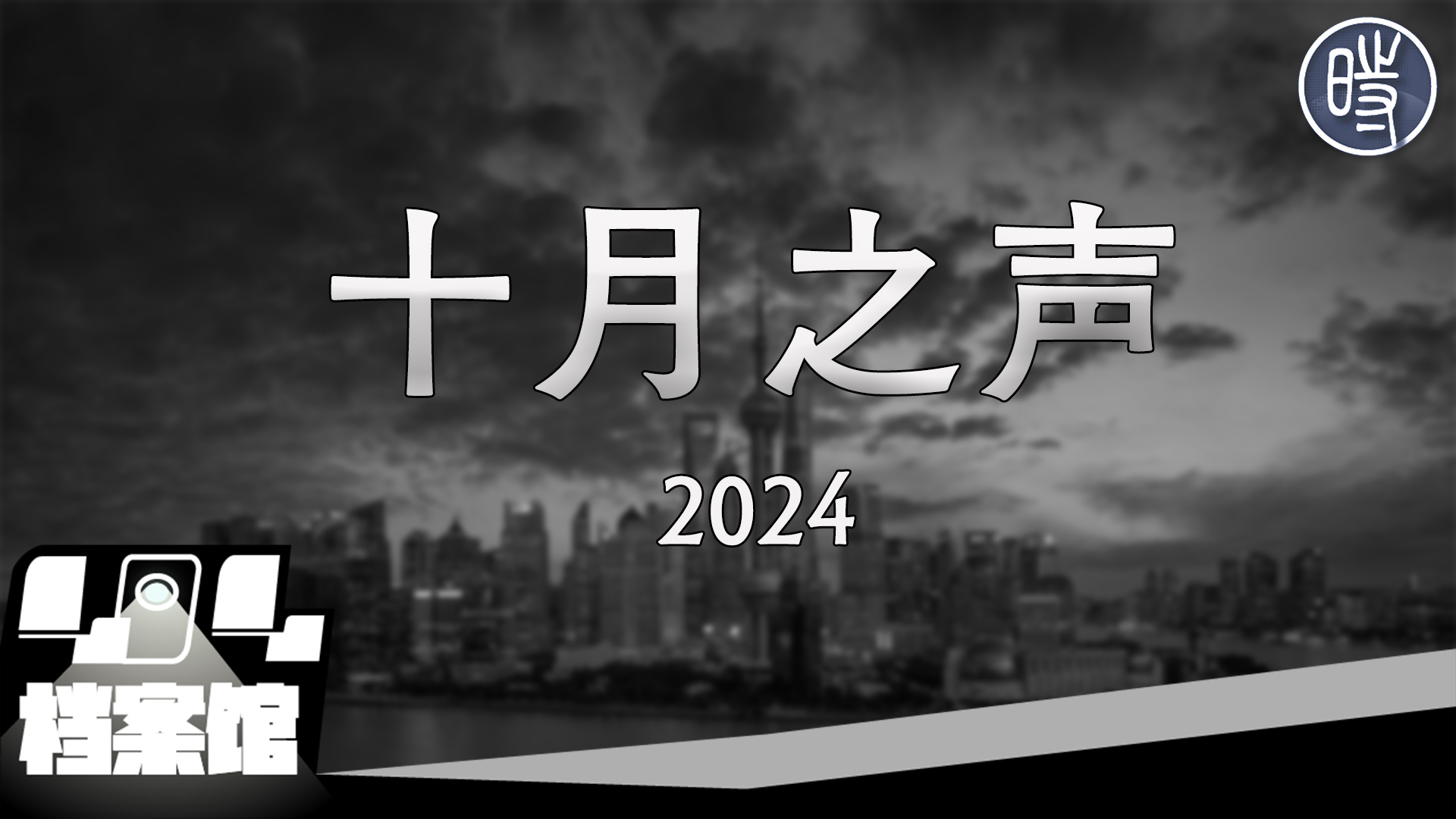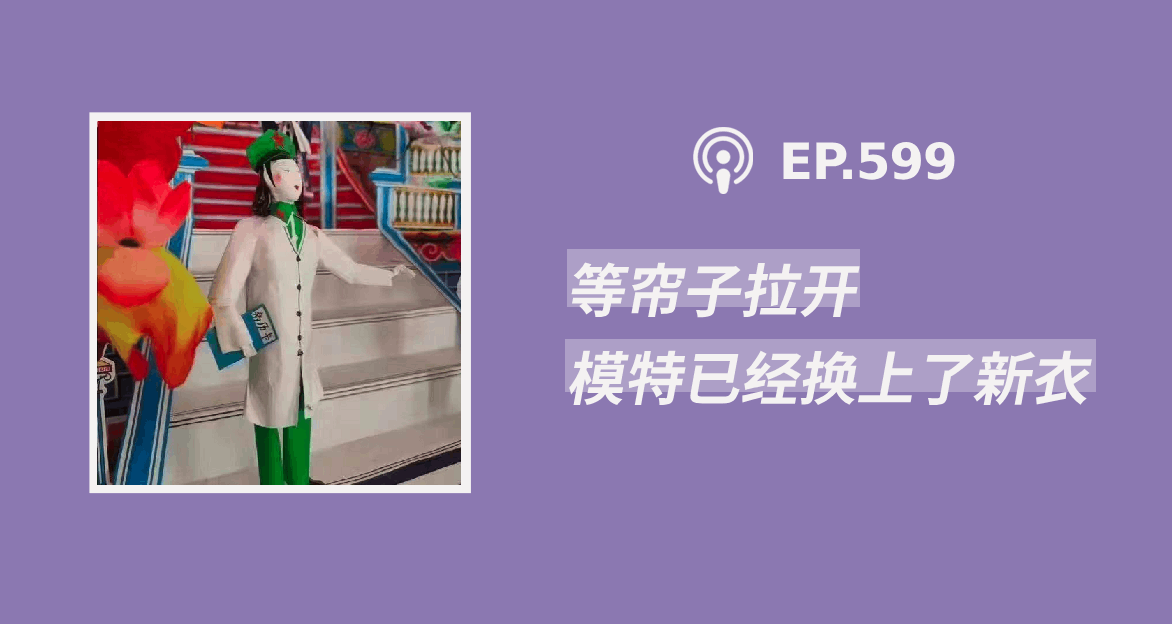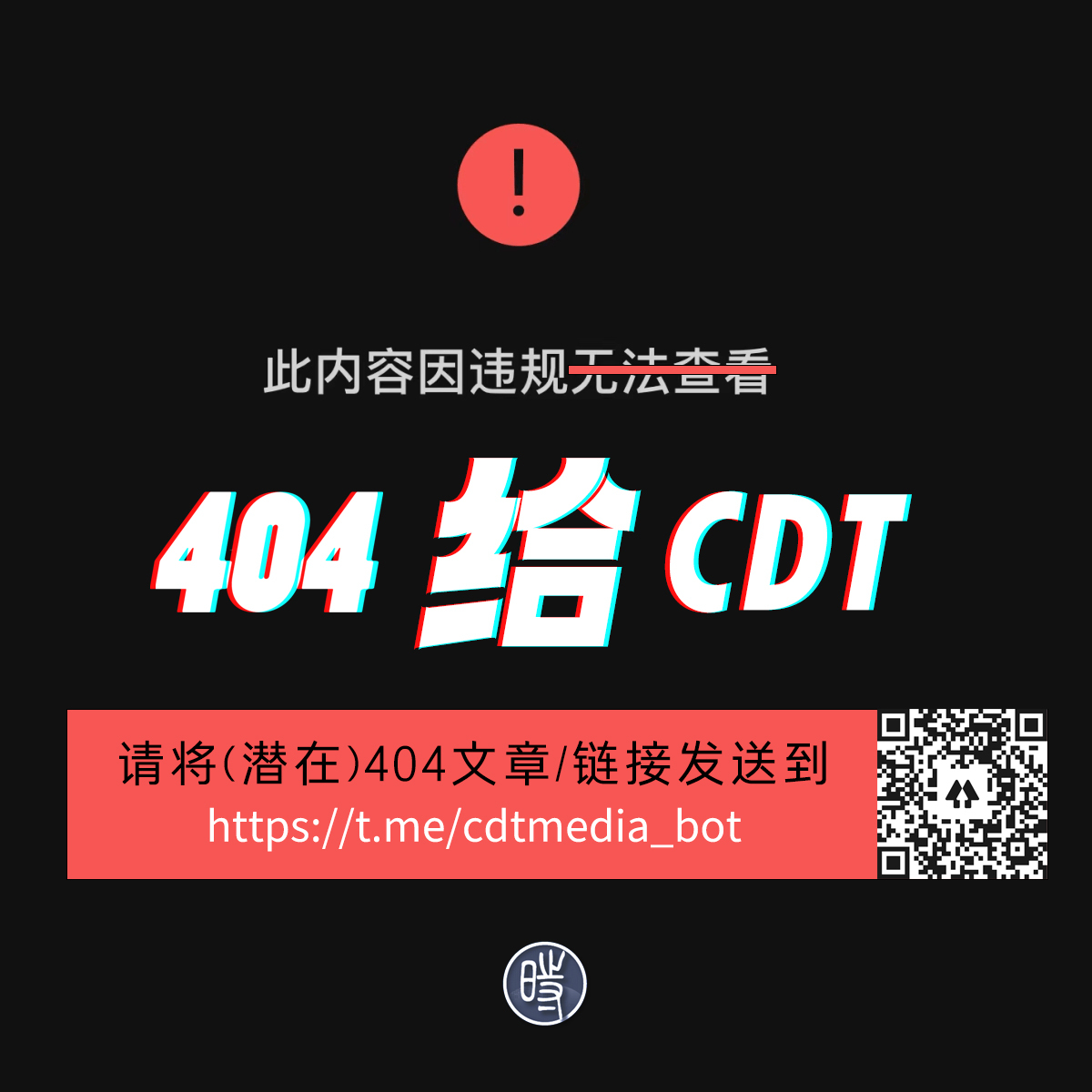Under Pressure
China’s
market-oriented media face a precarious future
By Hu Yong
Two-thousand-and-three was a milestone
year for investigative journalism in China. Some media organizations had been
transformed from Communist Party propaganda tools into market-oriented news
outlets. The Party line had weakened while market influences strengthened,
leaving many journalists with an expectation of a new wave of semi-independent
journalism.
There had just been a change of leadership, with
Hu Jintao taking over as president. In response to the SARS pandemic, the
central government launched new laws and new accountability systems, igniting
hopes for responsible and transparent governance. Market-oriented news outlets
like the weekly magazine Caijing and the daily newspaper Southern Metropolis
News expanded coverage.
In April of 2003, Southern Metropolis
News published a story about Sun Zhigang, 27, a graphic designer who was picked
up by police during a random identity check and died in custody, after being
attacked by staff and inmates. The story caused a national outcry, the first
mass protest in China’s budding online space. The detention and repatriation
regulation, under which Sun had been held, was abolished, and a decade of
rights advocacy began. The market-oriented media and new private online
ventures opened up an alternative space where people could express their
opinions outside official discourse.
Ten years later, with Xi Jinping now president,
those advances are being reversed. In December, Chinese authorities charged
free speech activists who protested outside the Southern Media Group’s offices
with public order offenses. The media group—which owns Southern Weekly, one of
the most liberal newspapers in China—has been criticized for allegedly
providing evidence to the police that the protests were interfering with their
operations. The claim, which many believe is false, seems designed to tarnish
the paper’s moral image.
The press is under political as well as economic
pressure. The experience of Chen Yongzhou is a case in point. A respected
journalist working for Guangdong’s New Express, Chen was arrested in October
after he had reported alleged corruption at a state-owned construction
equipment company. As the New Express and other media outlets were showing
solidarity with Chen, he confessed on TV that he had been bribed to report
false information. Though some feared Chen had been tortured into making a
confession, he and the New Express went from being victims to being loathed
across China.
For market-oriented media, cost cutting and
declining advertising revenues have contributed to a lack of newsroom
protection and a drop in professionalism and ethical standards. Economic
interests are pushing aside the public interest. Now, just as a decade ago,
market-oriented media face a turning point, this time for the worse.
Communist Party outlets will continue to
receive financial support from the Party itself. Private online media are
boldly exploring new applications, new platforms, and new services to meet the
needs of a new generation of consumers. But the space market-oriented media
have traditionally occupied is being squeezed by government censorship on the
one hand and declining economic viability on the other. The golden age is over.
The next decade, if there is one, will be precarious.
http://www.nieman.harvard.edu/reports/article/103054/Under-Pressure.aspx
本文由自动聚合程序取自网络,内容和观点不代表数字时代立场










